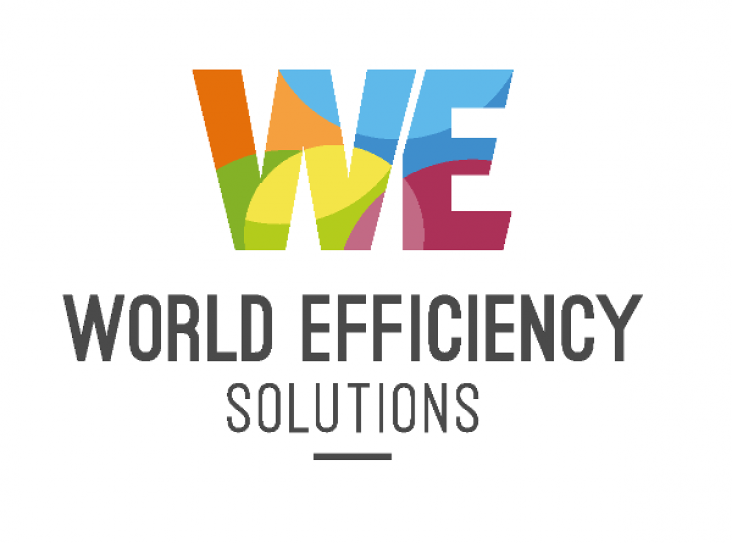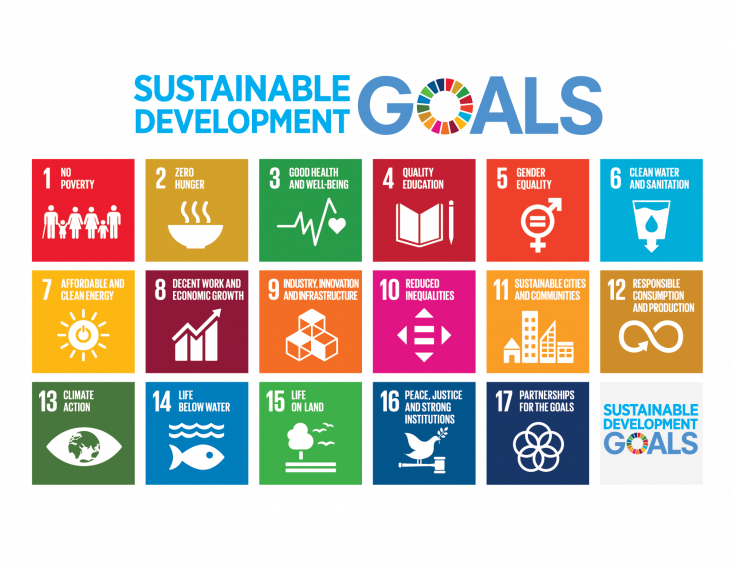
World Efficiency Solutions (WES) is the premier international meeting for the low-carbon and resource-efficient economy focussed on creating the low-carbon and resource-efficient market place. WES was first held in 2015 in Paris during COP21 negotiations, focusing on climate change solutions. World Efficiency develops a new environment consensus: economic and human activities must, to be sustainable, be redesigned to limit their impact on the environment while awareness of the planetary limits (climate change and resources scarcity) becomes widespread. A key objective for WES 2017 is to Identify new market opportunities aligned to the 2030 Sustainable Development Goals (estimated market opportunities are larger than USD 12 trillion) and the Paris Agreement on Climate Change from 2015.
This book chapter ties into SDG10 and 13 by investigating how climate change is causing environmental issues, has direct consequences on public health and indirect consequences due to food insecurity, stress migration, and collective violence. There is substantial social injustice both at global and local level, with climate change having a disproportionate adverse effect on poor people, minorities, women, children and older people.
Global sustainability problems pose serious challenges for humanity. In handling these problems education for sustainable development (ESD) is seen as important.
An early warning scheme is proposed that runs ensembles of inferential models for predicting the cyanobacterial population dynamics and cyanotoxin concentrations in drinking water reservoirs on a diel
Urban areas account for 70% of carbon emissions, and are likely to be the locus of attention to reduce future emissions in developing countries.
Elsevier,
Social Ecology in the Digital Age, Solving Complex Problems in a Globalized World, 2018, Pages 223-264
This book chapter advances SDGs 13 and 15 by confronting what many scientists and policymakers regard as our gravest existential threats today—global climate change and its impacts on groundwater and food supplies, sea level rise and coastal flooding, ocean acidification extreme weather events, biodiversity loss, violent conflict over scarce resources, and disease pandemics.
Two years on from what was a very optimistic COP 21 in Paris, the general sense of where we are now is less certain. While there is a lot still to be positive about – especially some renewable energy generating technologies becoming much cheaper, there is a different landscape with new geo-political challenges, not least the changing political Administration in the US. With these uncertainties as a backdrop to climate change in 2017, Elsevier has brought together 3 leading experts to help understand the challenges related to implementation of SDG 13 and where we should go from here. The speakers include Alice Larkin from the Tyndall Centre for Climate Change, Roland Roesch from IRENA and Jenny Heeter from NREL. These speakers provide some contemporary context around the themes that we should be aware of, including progress on the latest Carbon reduction targets; importance of innovation within renewable energy sector; and how policy has a vital role to play.

The Blueprint for Business Leadership on the SDGs aims to inspire all business to take leading action in support of the achievement of all Sustainable Development Goals (SDGs).
Fisheries constitute an important source of livelihoods for tens of thousands of poor people in the southwest coastal region of Bangladesh, and they supply a significant portion of protein for million
Previous research suggests that when individuals encounter new information, they interpret it through perceptual ‘filters’ of prior beliefs, relevant social identities, and messenger credibility.
